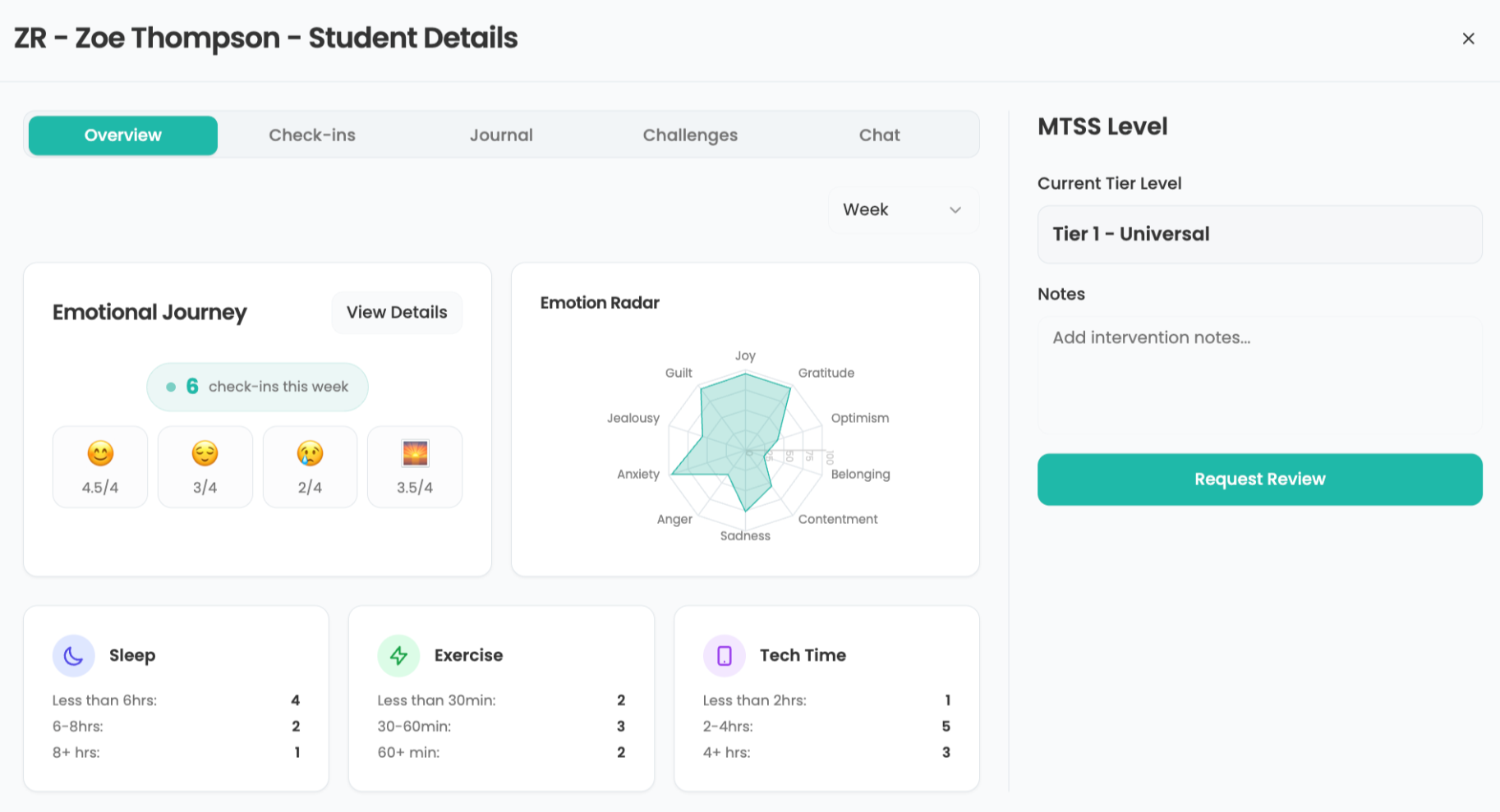I Tested Social Media Civility Around A Hot Topic And The Results Will Surprise You
Can online social media platforms foster meaningful exchanges, not toxic destructiveness?

Lessons from a Social Media Experiment
In an era during which online interactions often devolve into toxic exchanges, a recent social media experiment I tested offers a glimpse of hope for civil discourse.
Inspired by the desire to test the waters of online debate, I posted a hot topic on my social media feed, curious to see how my friends and family—who hold diverse views—would respond.
The Experiment
The post was simple, yet pointed: "I believe in science, not in those untethered to the truth."
This triggered a variety of responses, from affirmations on the importance of facts over feelings to humorous remarks about university rivalries. Notably, the conversation remained respectful and constructive, showcasing a hopeful beacon of online civility.
Reactions, Reflections, and Connections
Some participants emphasized the importance of facts guiding feelings, while others expressed frustration with misinformation maintaining a focus on facts. The dialogue highlighted that even in disagreement, respect persevered.
One comment that stood was "MATH DOESN'T LIE," underscoring the reliability of numbers in personal and professional contexts. This sentiment resonated with many, reinforcing the value of objective truth. One respondent amplified this by suggesting math is factual, science is not. Disagreements remained kind and thoughtful.
Tools and ideas to transform education. Sign up below.
Ultimately, this experiment connects to my broader educational goals. Schools and our communities can teach us to think critically and to engage respectfully. Encouraging civil discourse matters when developing informed citizens capable of navigating contestable issues. As one commenter noted, everyone has the right to think independently, and discussions should aim to understand rather than change minds. As my daughter says, “FACTS!”
This social media experiment offered a refreshing perspective into the window of online disagreements. In contrast with the caustic approach of keyboard warriors, this group showed maturity, intelligence and respect. Rather than devolving into primal fight, flight or run reactions, they approached the subject with openness and respect.
The Educational Benefits: Critical Thinking, Empathy, and More
Several studies and discussions suggest civility in online interactions can foster environments conducive to learning and intellectual growth. Consider how literally critical this is in schools, where we want our community to thrive through learning.
The effect is profound: individuals can engage more effectively in discourse on important topics, such as moral and political issues, by providing norms for respectful and constructive dialogue. The development of civility as a virtue involves internalizing norms through practice and structured interactions, which can enhance one’s ability to evaluate beliefs and contentious issues critically. I refer to this as disrupting dumbed-down dysfunction.
And there’s more–civil online discussions are considered more informative and persuasive than uncivil ones. In a study examining the effects of synchronicity and civility on perceptions of online political discussions, civil interactions were found to be more credible and engaging. Civil discourse encourages participation and deliberation, which are essential for developing critical thinking skills.
This reveals to me as an educational leader what I could have only hoped for–that online platforms can foster meaningful exchanges, not toxic, destructiveness. It serves as a reminder that our role as educators and school leaders includes promoting critical thinking and empathy, and that this is more significant than ever in the amplified online world.
By embracing these principles, we can transform digital spaces into arenas for thoughtful dialogue and mutual understanding. That, my friend, is hope.
Dr. Michael Gaskell is Principal at Central Elementary School in East Brunswick, NJ, has been published in 75 articles, and is author of three books: Radical Principals, Leading Schools Through Trauma (September, 2021) and Microstrategy Magic (October, 2020). Mike provides current guidance on AI, presents at national conferences, including ISTE (June 2023) The Learning and the Brain (November, 2021), and FETC (January 2025; 2024: 2023, and 2022); and works to find refreshing solutions to the persistent problems educators and families face. Read more at LinkedIn
